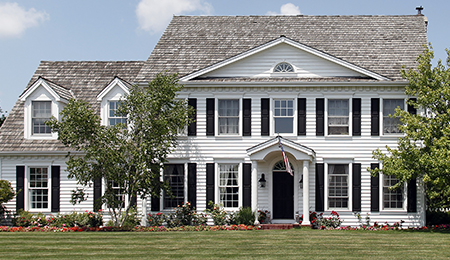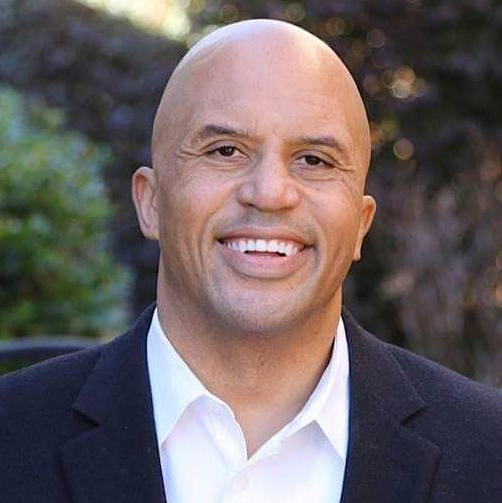Here’s why it’s more important than ever to fully understand appraisals.
How are low appraisals impacting our Triangle market? What role does an appraisal play in a transaction, anyways? The appraisal process is essentially how the lender determines the amount of money that they can responsibly loan you (the borrower) for the property you’re purchasing. They normally use an appraiser for this part of the transaction.
The appraiser will compare the property you’re purchasing to the three most recent comparable sales. What is a comparable sale, or “comp”? For the appraiser’s purposes, comps are homes that have similar square footage, floor plans, and are roughly the same age.
The appraiser will add or subtract value to the home you’re purchasing based on upgrades, additions, and even the home’s location within its subdivision. Once the appraiser runs those numbers and determines the appraised value, they then tell the lender how much they’re able to lend you for the home.
Traditionally, the appraisal only ever caused issues when a seller had an inflated sense of their home’s value and their agent was too timid to tell the truth about its market value. In that case, the appraised value would come in lower than the contract price, which created a roadblock for everyone involved in the transaction. Most of the time, though, since it was the seller who had set unreasonable expectations, they would ultimately agree to bring their price down to the appraised value.
Lately, however, our market has been anything but normal. We have very little inventory in the Triangle market. However, since demand is sky-high, we’re seeing sellers knowingly list their homes at prices that are much higher than market value. That’s where we start to have big problems with the appraisal process. Many buyers are still approaching low appraisal situations with a traditional mindset, thinking that the seller will ultimately lower the price to match the appraised value. Here’s the harsh reality: In the past few months, I’ve seen very few sellers do this. This mismatch of expectations can be costly for buyers.
For example, if you’ve offered $300,000 but the appraisal comes in at $285,000, then you’ll have to come up with an additional $15,000 out of pocket at the closing table. Now, most people can’t afford to do that, especially first-time buyers. That’s why I recommend having a preemptive discussion with your buyer’s agent to discuss what your game plan is if the home doesn’t appraise for the offer price. Also, before you make an offer on a house, please ask your agent to run their own “comps.” This can act as a sort of pre-appraisal that gives you a basic idea of what to expect from the appraiser when the time comes.
If you’re offering $300,000 on a home, your agent might step in after reviewing some comps and say, “Well, I think it’s realistically only worth about $295,000.” Then you can make the decision as to whether you’re willing to pay that kind of difference before you officially submit your offer.
Another reason why you’ll want to take this proactive approach: Due diligence fees in our area have gone through the roof. As a reminder, the due diligence fee is a deposit you pay the seller to compensate them for taking their home off the market. If the house doesn’t appraise, you lose that non-refundable deposit. Right now in our Triangle market, those deposits range anywhere from $3,500 to $20,000. I’d hate to see you lose that money because of an appraisal issue.
I know that appraisals, earnest money deposits, and due diligence fees can all be very confusing, but you have to take the time to unpack them all. Thankfully, an experienced professional can help you make sense of them and show you how they’ll impact your purchase. If you’d like to learn more about appraisals or need help with your buying, selling, or investing plans, don’t hesitate to reach out to me. I’d love to hear more about your specific situation and see how my team and I can be of assistance.




